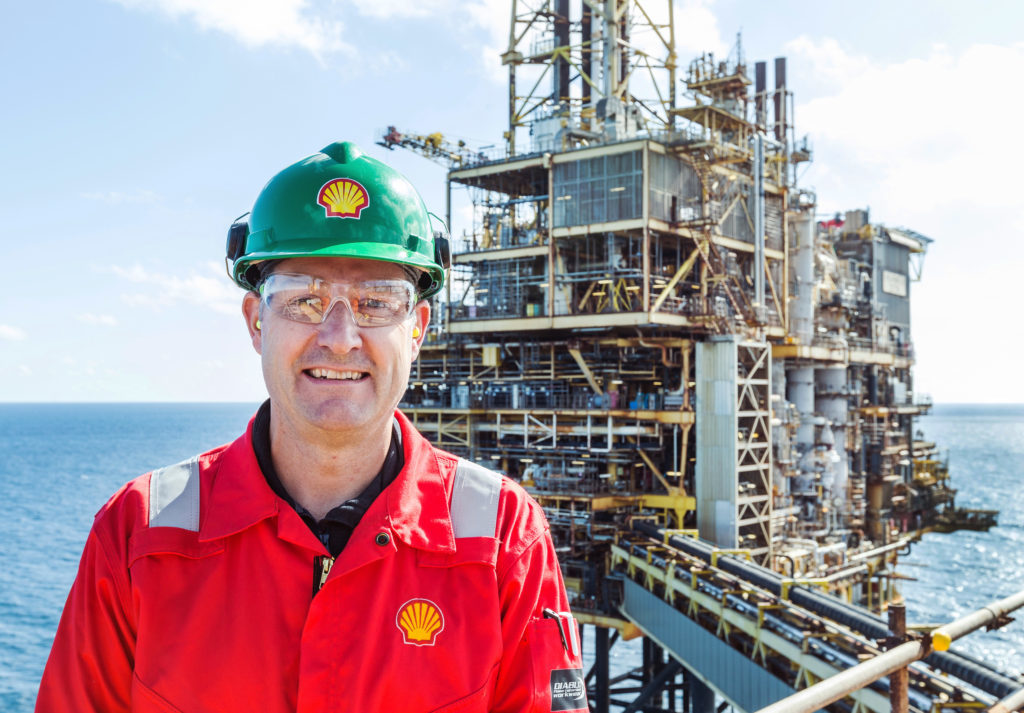
Energy giant Shell said yesterday it had sanctioned the development of the Arran gas field in the central North Sea.
It is the third final investment decision (FID) Shell has made as operator in the UK continental shelf this year.
The Anglo-Dutch major committed to redeveloping the Penguins field in the northern North Sea in January, followed by FID on the Fram project in June.
The company also has a 50% stake in the BP-operated Alligin project, which got the all-clear in April.
Shell has just taken over as operator of Arran following a reshuffle of the venture partners.
Dana Petroleum had been the operator, but the Korean-owned firm said in its recent full-year accounts that the risk profile for the project was “not supportable”.
London-based RockRose Energy announced yesterday that it had completed the acquisition of Dana’s 20.43% interest.
Meanwhile, Zennor Petroleum has divested its equity in the field.
It means the current joint venture partners are Shell, 44.57%, RockRose, 30.43%, and Dyas UK, 25%.
Arran will produce from four subsea development wells, with gas and liquids exported via a new pipeline to Shell’s Shearwater platform.
The field, originally discovered in 1985, is expected to pump out about 21,000 barrels of oil equivalent per day, at peak.
First gas is anticipated in 2021.
Steve Phimister, Shell’s vice president for upstream in the UK and Ireland, said Arran was an “important addition” to the company’s portfolio as it looks to expand its central North Sea production around Shearwater.
Mr Phimister said: “By working closely with partners to maximise the economic recovery of the North Sea, we’ve been able to transform and revitalize Shell’s UK Upstream business by focusing on competitive projects and operational excellence.”
Oil and Gas Authority chief executive Andy Samuel hailed Shell and its partners for showing “real adaptability and tenacity” to drive the project forward.
Mike Tholen, Oil & Gas UK’s upstream policy director, said Shell’s “significant announcement” would “further boost investor confidence in the potential of the basin”.
He added: “The industry’s challenge is to hold firm in its approach to further improve the competitiveness of the basin so that it continues to be an attractive destination for investors.”
Recommended for you

